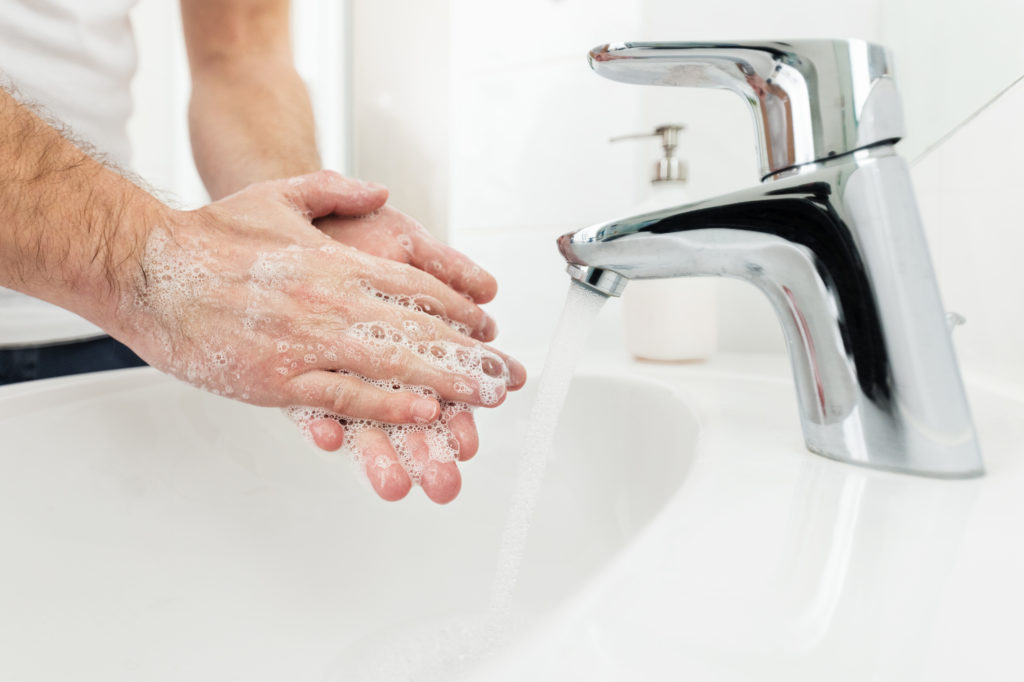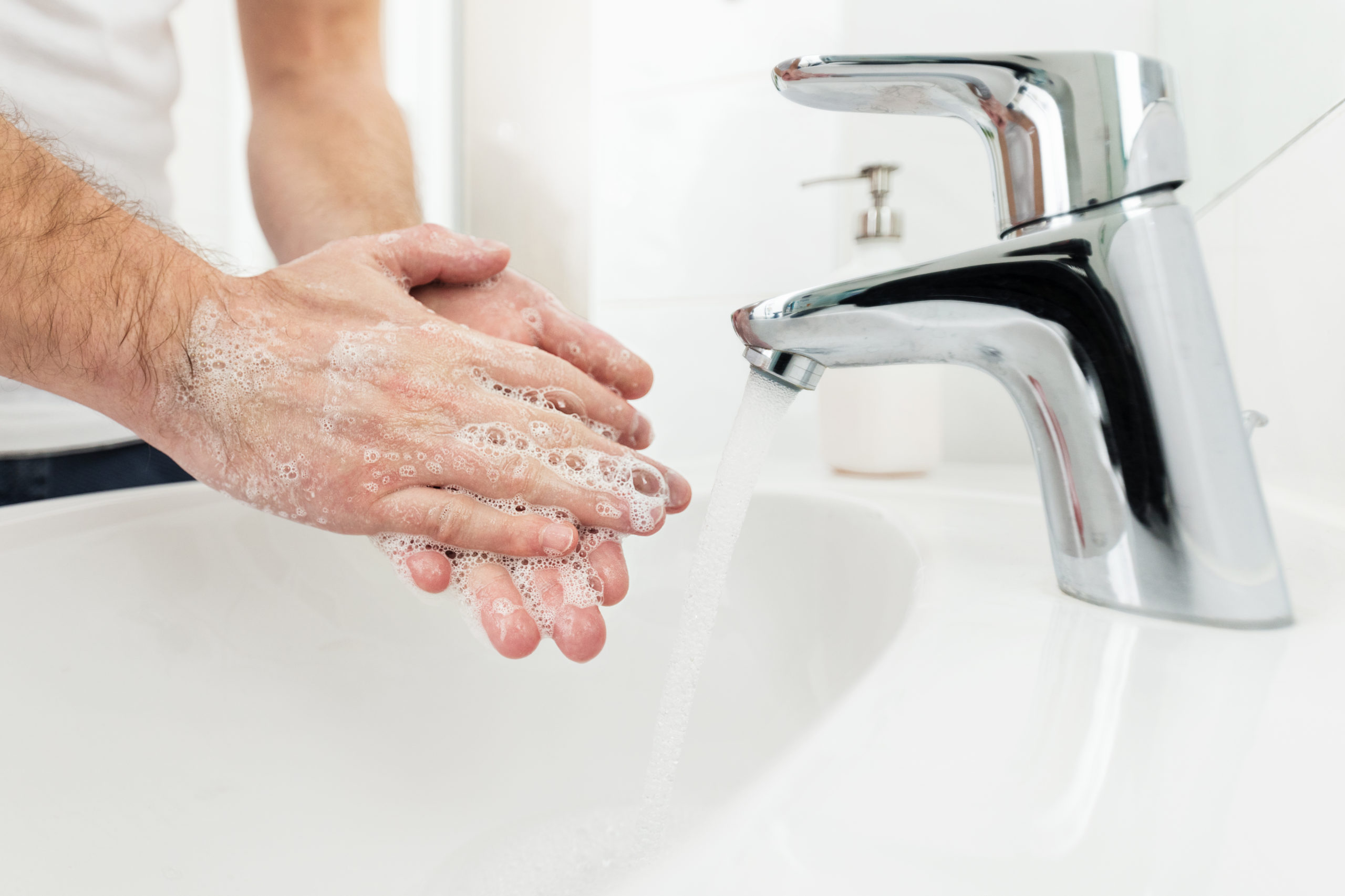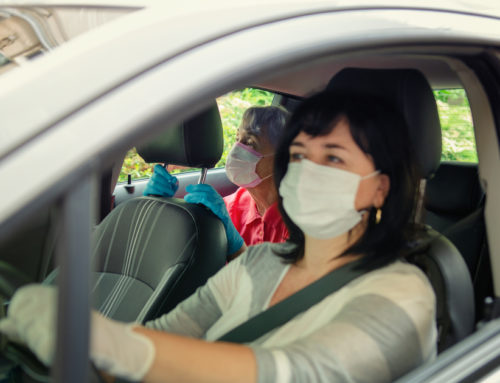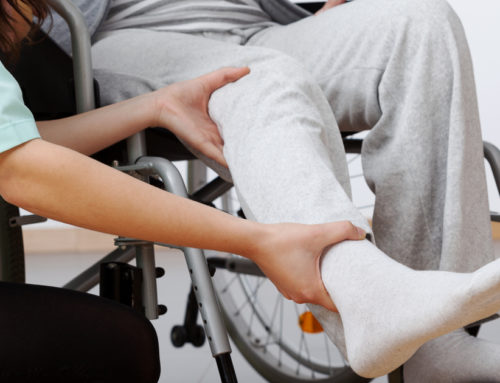
As you are likely aware, there are several media reports about the growing concern about Coronavirus. Prevention is always a better option than waiting for a supposed cure and we would like to be proactive in our planning, to do our part to prevent whatever we can for our Clients.
With that in mind, our concern about the coronavirus (COVID-19) has led us to share the following established general recommendations from the health experts at the Centers for Disease Control https://www.cdc.gov/coronavirus/2019-ncov/specific-groups/guidance-business-response.html , as well as some specific guidance for all our clients, client family, our office staff, our caregivers and their families. We encourage you to consult this website to stay up to date with developments.
Since there is currently no vaccine to prevent illness, including COVID-19, it is to use best practices for good hygiene.
Where we need your support for your loved ones
- We will need your help/approval to stock some basic items
a. Food supplies for 2 weeks
b. Hygiene products
c. Disinfectant wipes and hand sanitizers - Consider rescheduling the annual wellness visits or any routine checks up in 1-2 months.
- Avoid unnecessary ER visits. Consider calling the triage MD/office nurse for any concerns/issues. A visit can be conducted via telemedicine, if available in the MD’s office.
a. Please note the implications of not going to the doctor can also be harmful for obvious reasons.
b. This decision should be taken in consultation with your physician only.
- We request to limit public outings, public gatherings etc. that are avoidable, with your loved ones. For e.g. if your loved one regularly goes to Huntington Library every Thursday, we are requesting a temporary change of that schedule to somewhere that has less large groups, or enjoy one’s own backyard, or a nearby park that is less congested.
- If your Loved One has memory loss or tends to worry, create benign excuses for the change in schedule, such as “the Huntington Library is closed for repairs” rather than frightening your Loved One with explanations about a spreading infection.
General CDC and Health Provider Hygiene Guidelines:
- Hand Hygiene. Wash your hands often with soap and water for at least 20 seconds, especially after blowing your nose, coughing, or sneezing; going to the bathroom; and before eating or preparing food.
- Washing with soap and water is best, but if soap and water are not readily available, use an alcohol-based hand sanitizer with at least 60% alcohol.
- Avoid touching your eyes, nose, and mouth with your unwashed hands.
- Respiratory Etiquette. Cover your cough or sneeze with a tissue, then throw the tissue in the trash; or if no tissue is available, sneeze into your elbow, rather than hands. Wash your hands immediately after coughing or sneezing. Avoid touching your face.
- Stay home when you are sick. Employees who have symptoms of acute respiratory illness are to stay home and not come to work until they are free of fever, signs of a fever, and any other symptoms for at least 24 hours.
- Go home if you get sick. CDC recommends that employees who appear to have acute respiratory illness symptoms should be sent home immediately.
- Limit Travel. CDC recommends avoiding unnecessary travel, especially to areas with an outbreak; avoid being in large crowds.
- Be aware of your surroundings. According to CDC, another practice that helps prevent the spread of respiratory disease is avoiding close contact with people who are sick. If you are ill, you should try to distance yourself from others, so you do not spread your germs.
A separate set of communication is going out to all our caregivers and additionally we will be talking to each and every one of our caregivers to ensure understanding and compliance.



